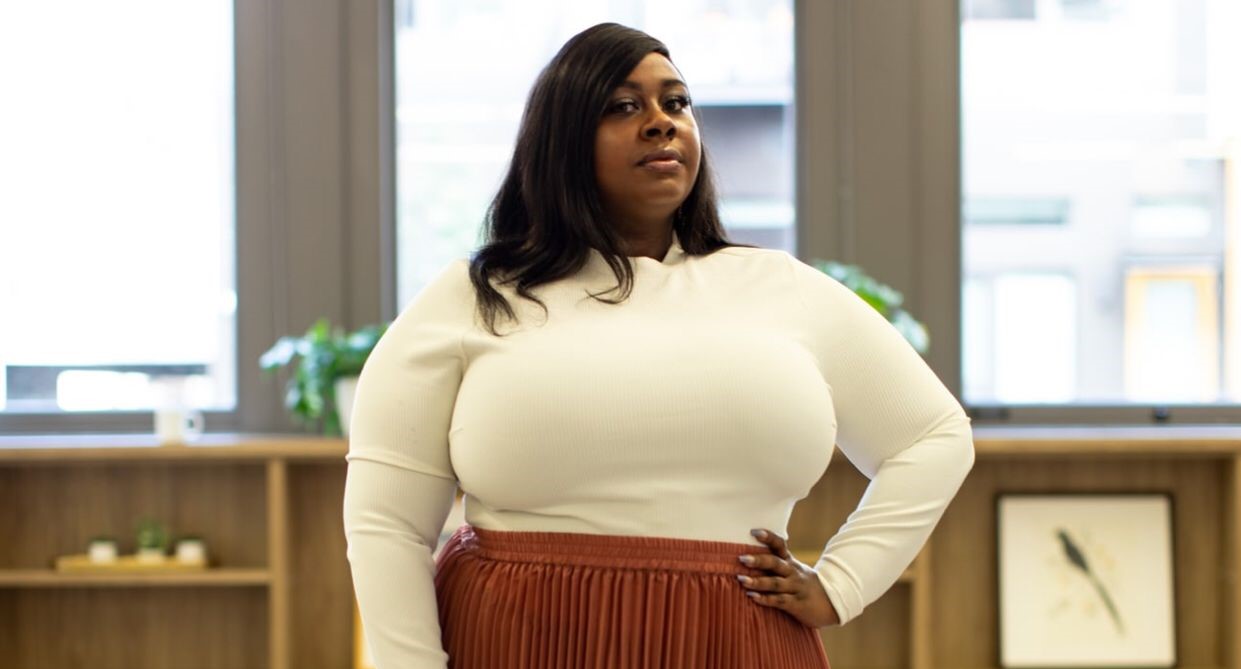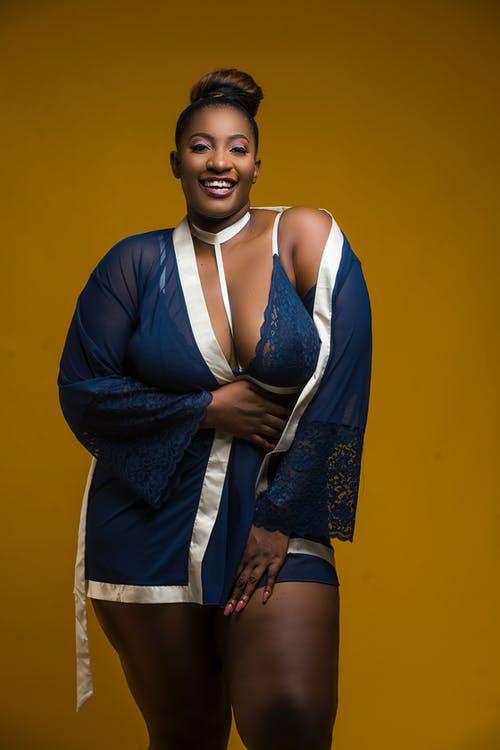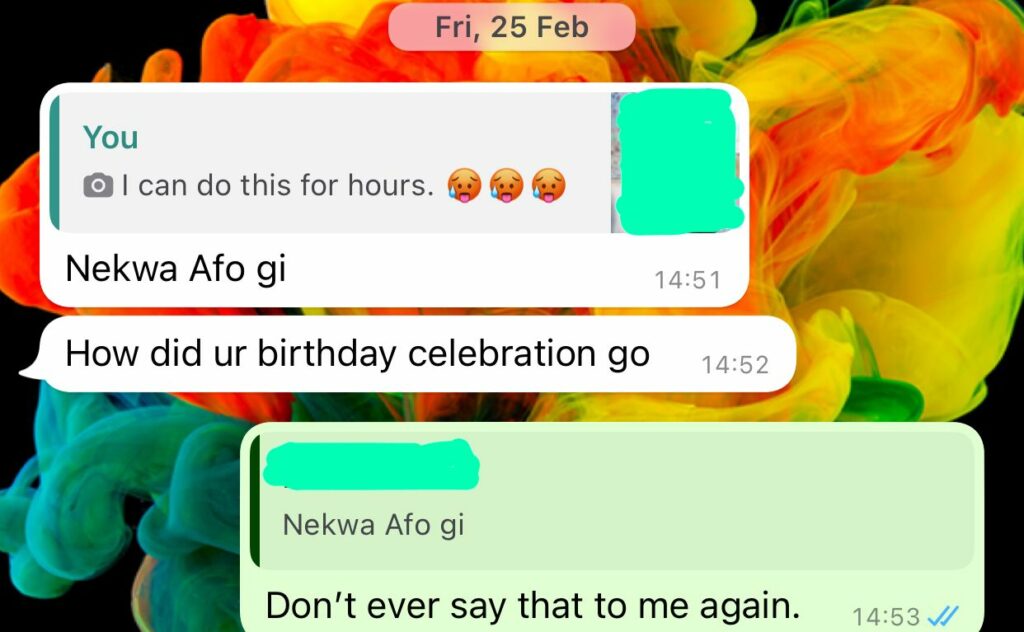
Women’s history month is still being celebrated to create awareness of many biases. These biases have been normalised for too long. It’s in the disparities in pay gaps, disregard in workplaces, and even at home. For the purpose of this article, we’re going to talk specifically about body shaming.
While women go through these and more, they are still not exempted from taunts over things they can hardly control such as body types and weight.
The body type and weight of a woman change according to phases such as childbirth, pregnancy, age, and so on. However, these phases are not reasons for body shamers. A woman is shamed for having saggy breasts, big stomach, and even for being fat.
For instance, actress Eniola Badmus recently took to social media to share pictures of her new body which had gone through work out sessions. While people were congratulating her for being determined and dedicated, some users digressed towards other fat women. They tweeted words along the lines of, “tell your fat friend the truth”, “body shaming has positive effects’”, and so on.

Being a fat person in this part of the world means to be constantly subjected to body shames. Whether being obese or not, a woman encounters quite a number of horrible experiences because she is plus-sized. It is as though society wants her to have a certain body type, just to please them. And such is the case with Tolani, a nineteen year old plus-sized lady who lives in Mushin, a neighbourhood in Lagos mainland.
The culture of body shaming.
Being plus-sized for Tolani is a sad reality because not only does she have to face strangers who body shame her for no reason, but also has to endure body shame from her own family as well.
For example, when she was thirteen and just hitting puberty, her family would compel her to take slimming teas.
She explains, “my older sisters would force me to take these teas, claiming that it was a must to be slim. I wasn’t allowed to eat ‘too much’.”
Also, Tolani can hardly go out. If she does, she is faced with harassment of all sorts.
She narrates, “I was constantly taunted in secondary school by boys and even on the streets. I’m constantly cat-called and there was even one time I was slapped because I tried to stand up for myself.”
Other places Tolani cannot go are parties and markets. She is demeaned and her body is targeted as a harassment object men grab for their pleasure. In fact, at markets, she wears long hijabs to cover her body to not attract attention to it.
“When I have to buy, say, ripped jeans at the market, I have to be overly cautious because there are certain clothes a devout Muslim is not expected to wear so most times I order online at additional prices.”
Nkiru also shares her experience with body shaming.
“Sometime in February, I celebrated my birthday, so I did a photoshoot and had some very lovely photos to share with my friends and family. Most of these pictures were headshots and portrait images because I had started getting conscious about being a plus size lady. However, there was this one photo that wasn’t a head shot. It was a knee length image. I uploaded it on my status and somebody I considered a friend said this to me “Nekwa afo gi”. This is Igbo language, but the statement translates directly to English language as “see your stomach”. It was condescending, and I was devastated. Devastated by the comment and by the insensitivity of it all. This person is educated and supposed to know better. I immediately shut him down, and warned him never to say that to me ever again.”

“I am a beautiful woman, and I try not to allow societal standards of beauty affect my perception of myself. But I am also human and I have feelings. Feelings that get hurt when people allow their vainness and insensitivity get the better of them. Not every woman is as strong as I am, so I wonder how they cope honestly. The harder truth is that some of these folks don’t see this as body shaming, they see it as airing their opinion about someone else’s body. In my words, I’ll say, don’t do that. Do not offer unsolicited comments about anyone’s body, because you are far from perfect yourself.”
“So if we’re to break biases, issues like body shaming are some of the things to begin with. Body shaming a plus size lady can be demoralising and paralysing to her.”
After reading what Tolani and Nkiru had to say, we think you should be better informed when passing certain remarks.
Article written by Sola Tales and Rachael Mordi.

